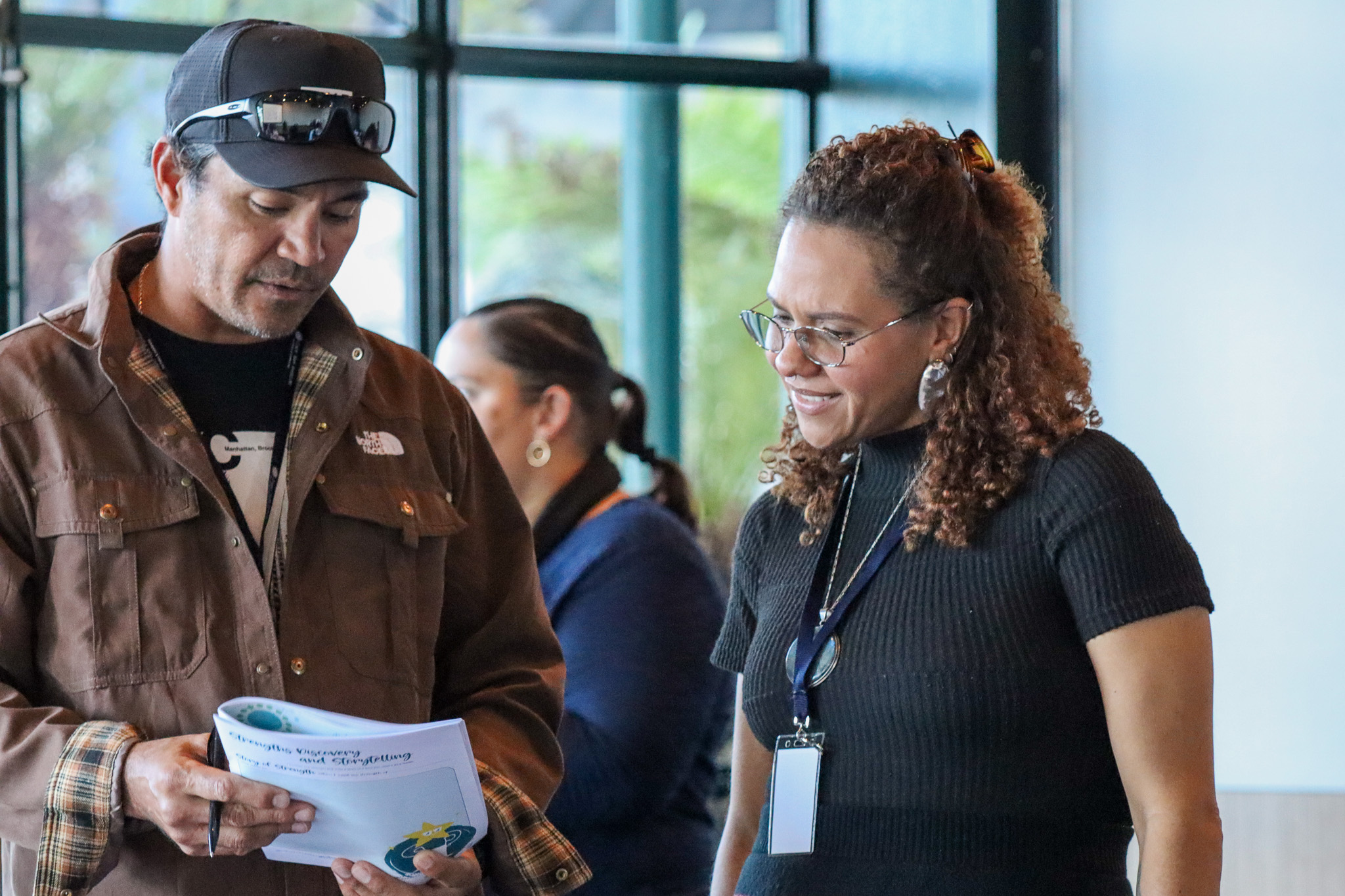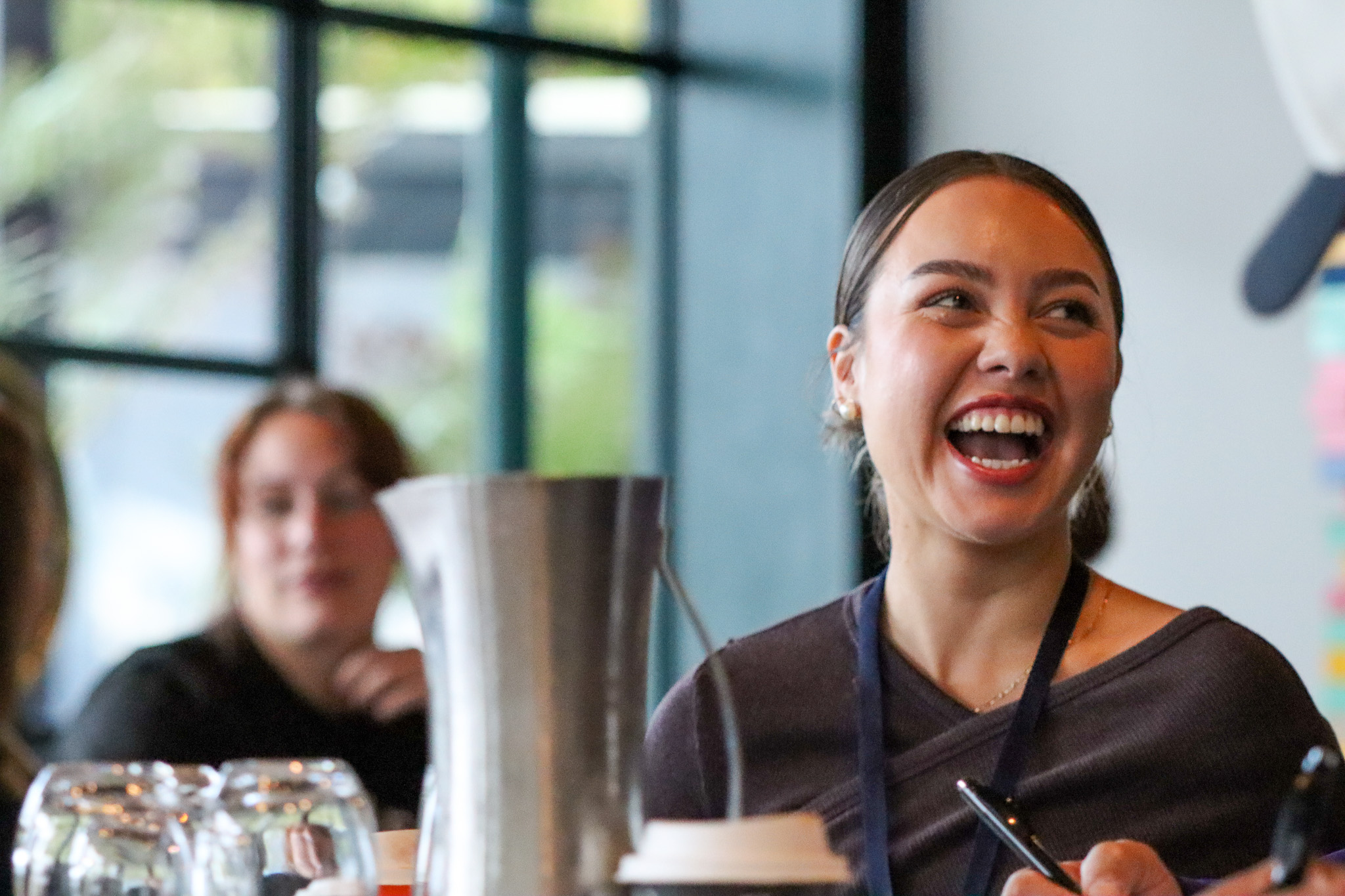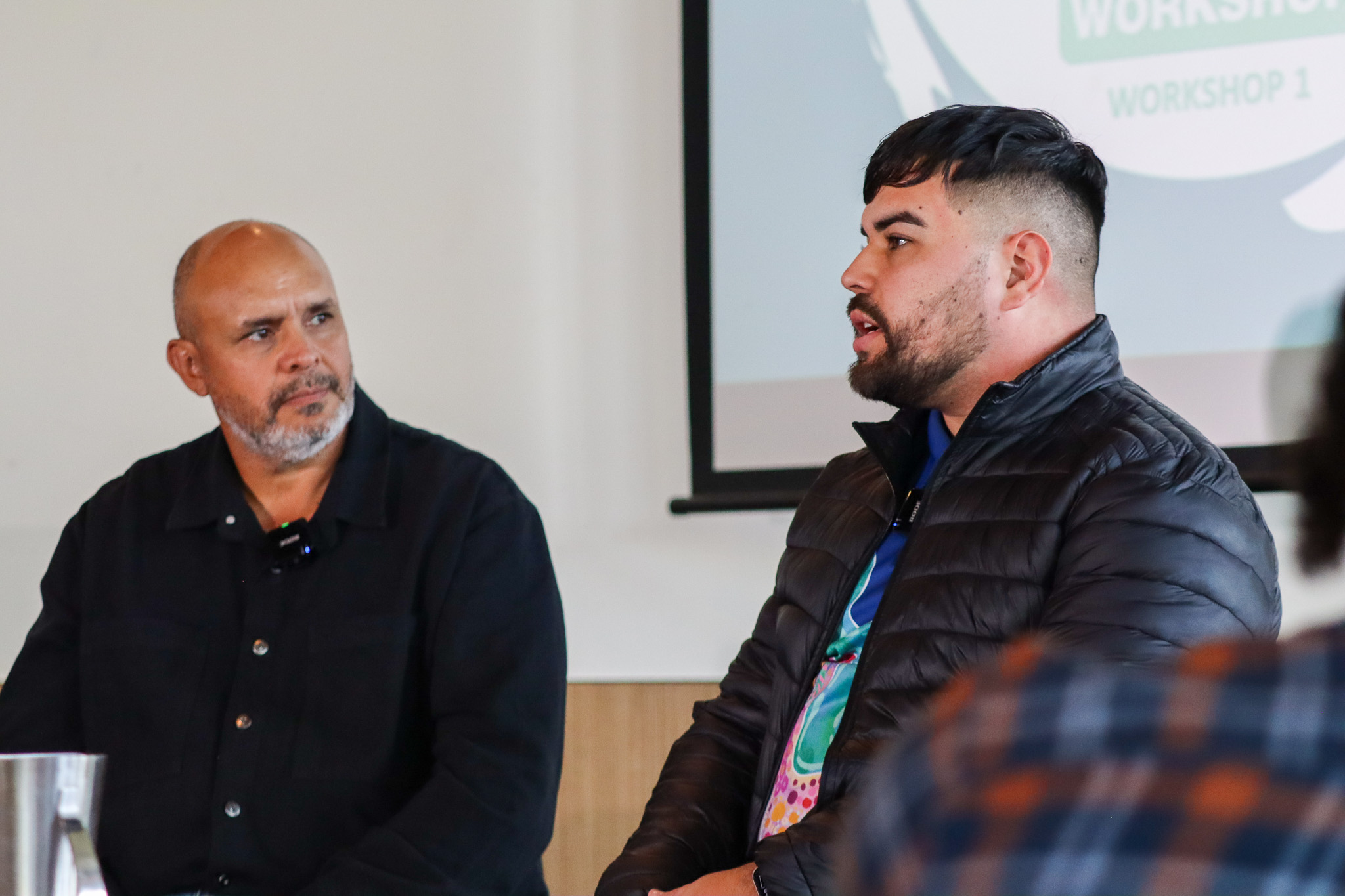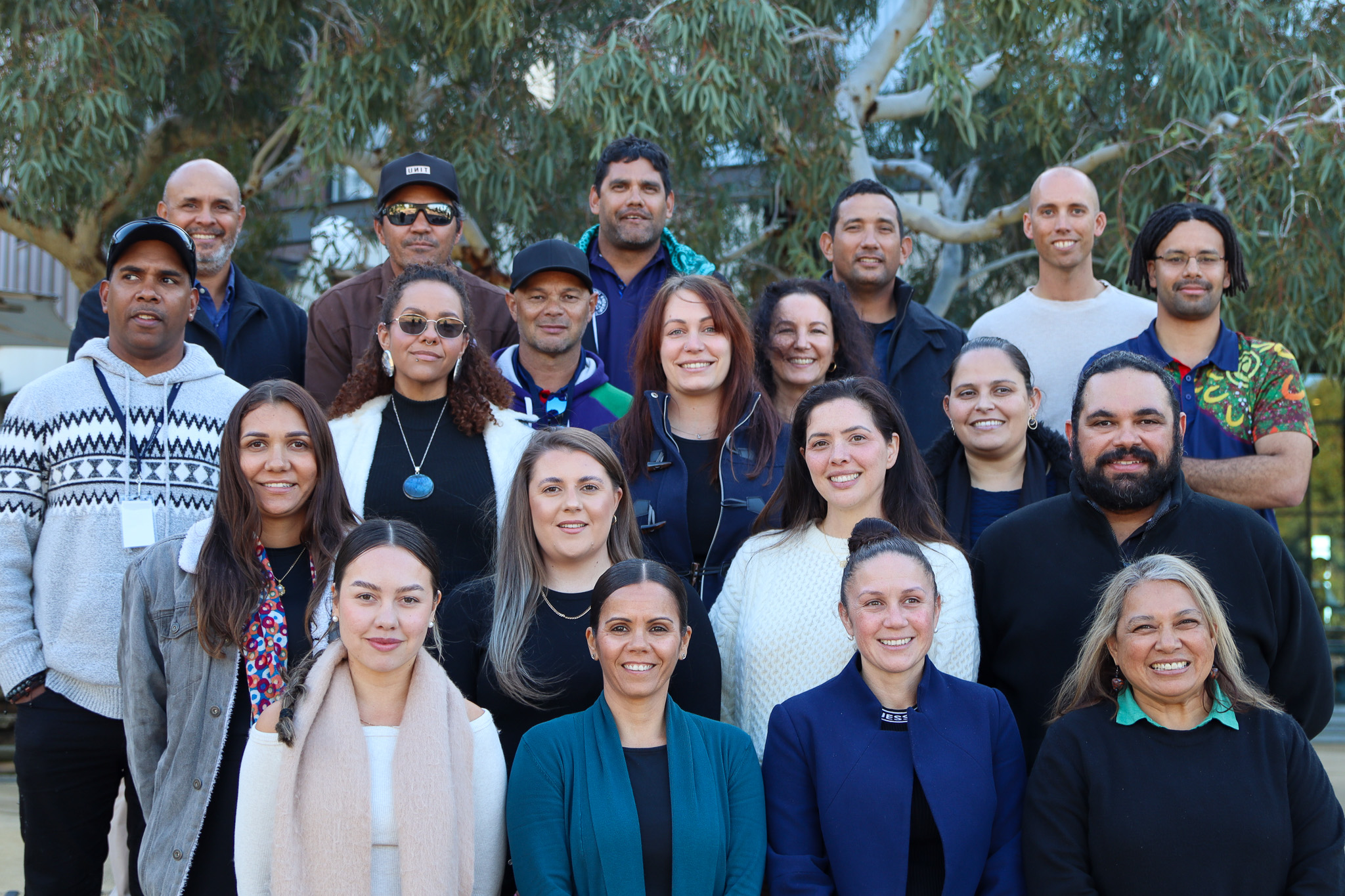The first step in a three-part journey to grow culturally grounded leaders at Woodside Energy.
Over three powerful days in Boorloo (Perth), 17 emerging Indigenous leaders from Woodside Energy gathered for the first workshop of the 2025 Indigenous Leadership Development Program, delivered by the Cape York Institute for Policy and Leadership. The workshops tackle a key challenge: the need for strong, culturally grounded Indigenous leadership in workplaces and communities. Through this program, participants are supported in stepping into their strengths, connecting with their culture and building the skills needed to lead themselves, their teams and drive broader change.
The workshop kicked off with a heartfelt Welcome to Country from Mr Brett Collard, a proud Whadjuk Noongar man, setting the tone for a few days of deep reflection and connection. Woodside VP Browse Kimberly Walpot, Indigenous Capability Strategy Advisor Alison Wiley and Graduate Talent Acquisition Specialist Almedina Hodzic also welcomed the group. They encouraged them to make the most of the experience, reminding everyone that this was a chance to focus on themselves and take bold steps in their leadership journey.

The first workshop, focused on 'Lead Self,' encouraged participants to reflect on who they are, where they come from and the strengths they possess. Together, they explored how culture and identity are not just part of their stories, but central to their values. They talked through how these values can guide their leadership journey.
Participant Dion Brahm, a proud Woori man from the Pilbara and Woodside’s Indigenous Development Coach, shared what leadership means to him.
“A good leader will be willing to do the job themselves and inspire people to do better and achieve more,” he said. “Someone willing to be on the front lines with you, learn your job, understand your role and guide you on your journey.”
Fellow participant Tara Beattie shared how this course felt different from others she had done.
"This course is very much about breaking down and understanding each person in the room,” she said. “Not just in terms of leadership styles, but through genuine connection. It's about seeing where people come from, learning their stories and building mutual respect."

During the workshop the group ventured into Kings Park for a cultural excursion led by Whadjuk man Steven Jacobs, grounding their learning in Country and deepening their connection to the land and its stories.
The 2025 cohort also heard from 2024 program graduate Daniel Hamilton, who spoke about his experience on the program and the success he has achieved since.
“The program was a turning point for me,” Daniel said. “I’m a team leader now. It’s been a big step for me. If I didn't do this program last year, I don’t think I would have had the courage to step into a role like this. I saw the opportunity and felt empowered by the program.
“It helped me understand my strengths and gave me self-confidence. Getting comfortable with being uncomfortable was one of my biggest takeaways. I've been tested in this leadership role, but I stay positive and remember what I bring to the table.”

Jim Davis, Program Facilitator and Head of Strategy and Partnerships at Cape York Institute, shared his admiration for the cohort’s honesty and courage.
"It was a privilege to witness these leaders share their truths so openly. They created a safe space of trust and respect, where real growth could begin," he said. “Hearing them talk, one thing that shone through was the shared value of respect.”
That safe space became the foundation for personal growth and peer connection. With Lead Teams and Lead Change workshops to come, the cohort has already shown the strength of leading from within.
Closing the first workshop, Jim reminded the cohort: "It’s okay to be you. It’s okay to be black in Australia. And it’s powerful to stand in your cultural authority. Your culture is not a deficit, it's a strength."

MAKE AN IMPACT
Your support will empower Indigenous Australians in Cape York and beyond to create positive change in their communities. Every donation, large or small, can create a ripple of change that will span generations.















